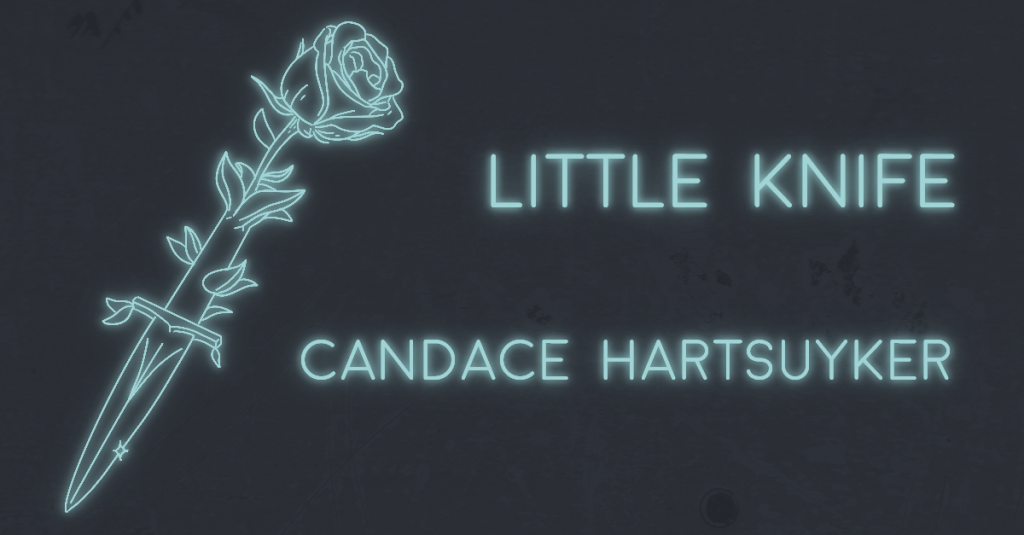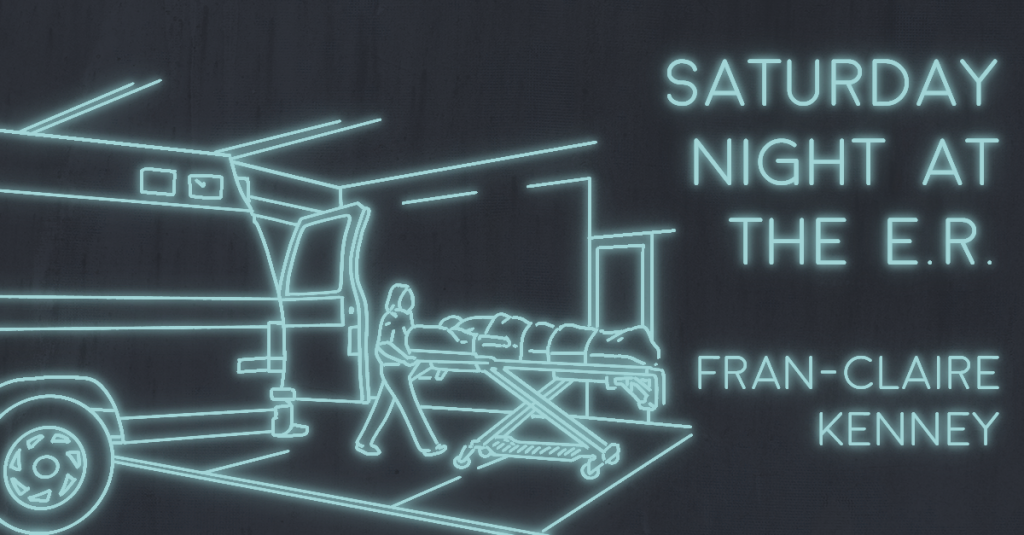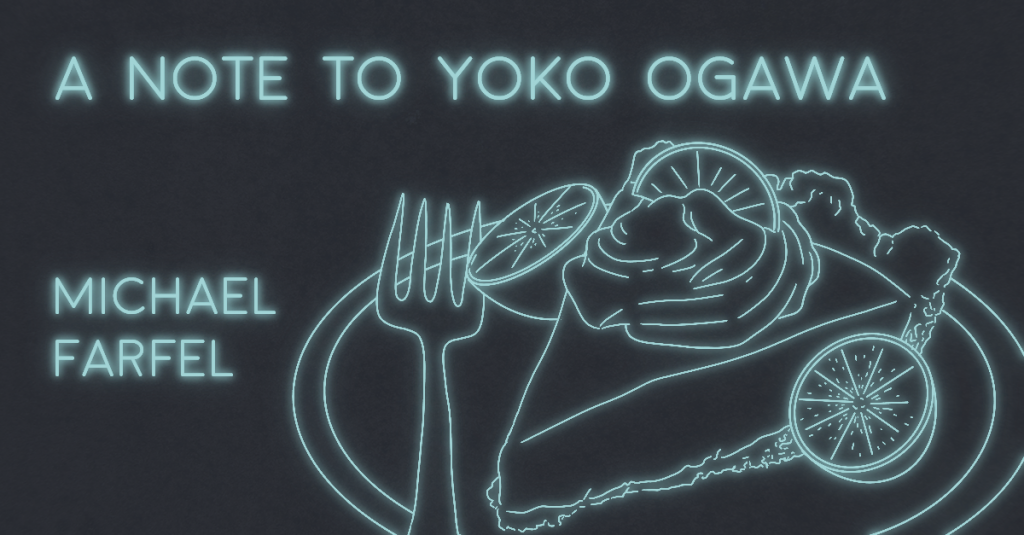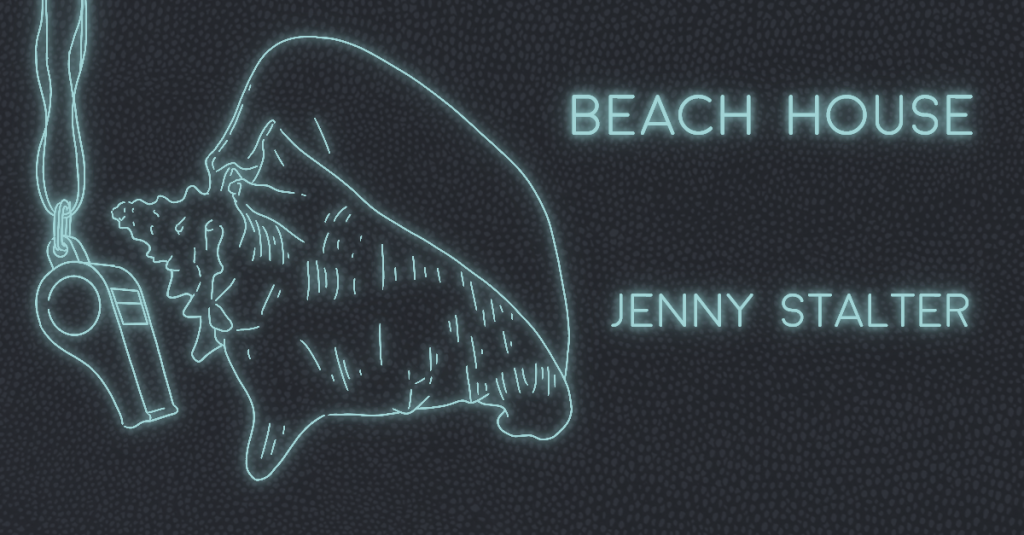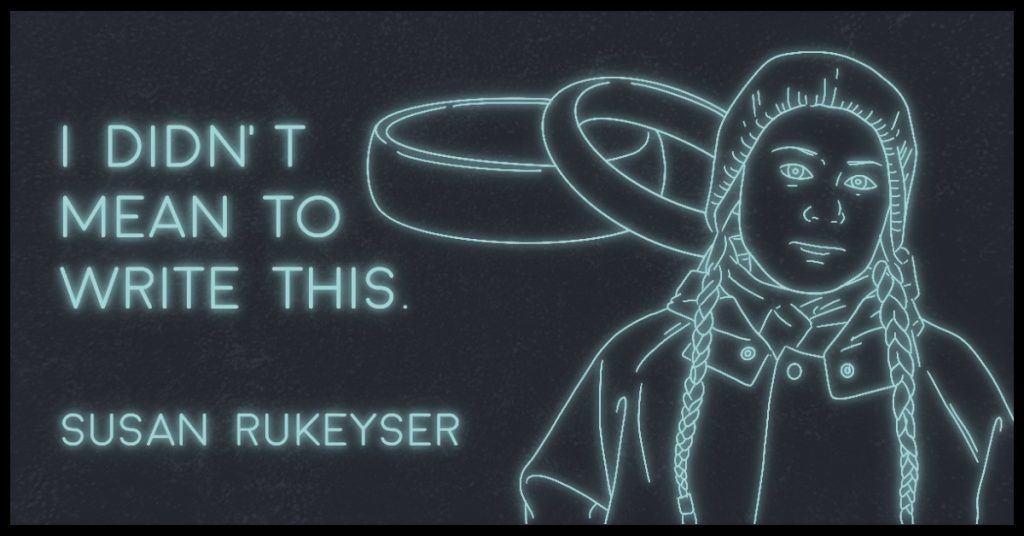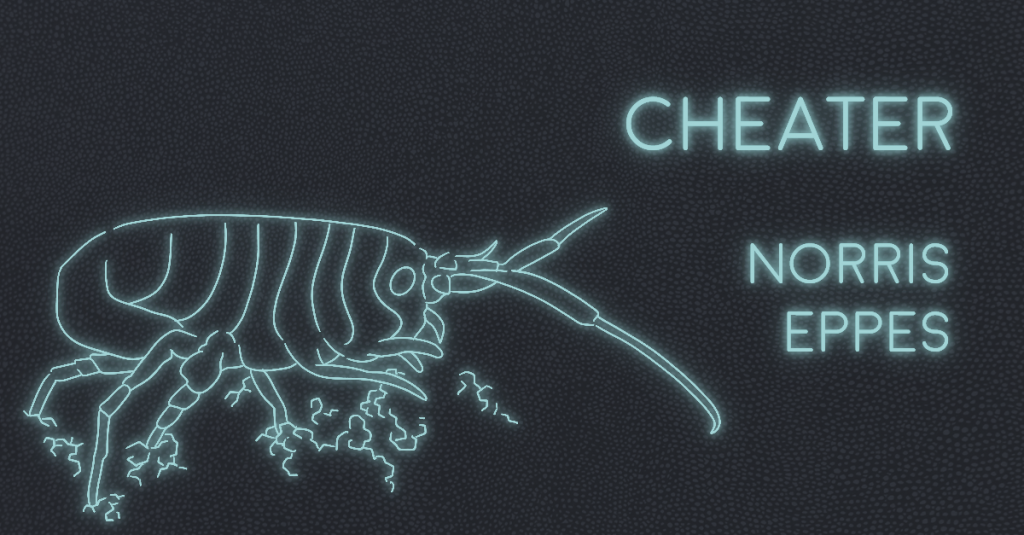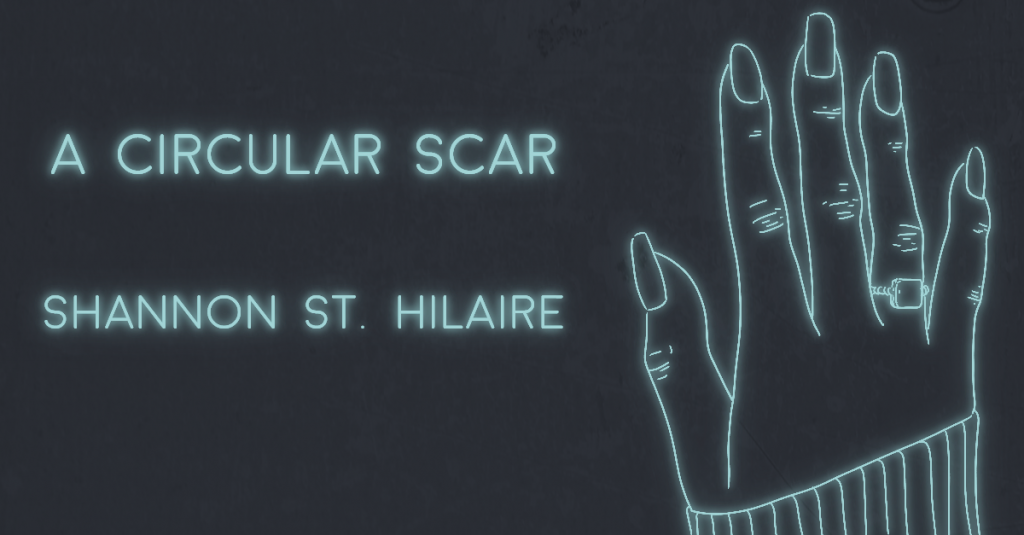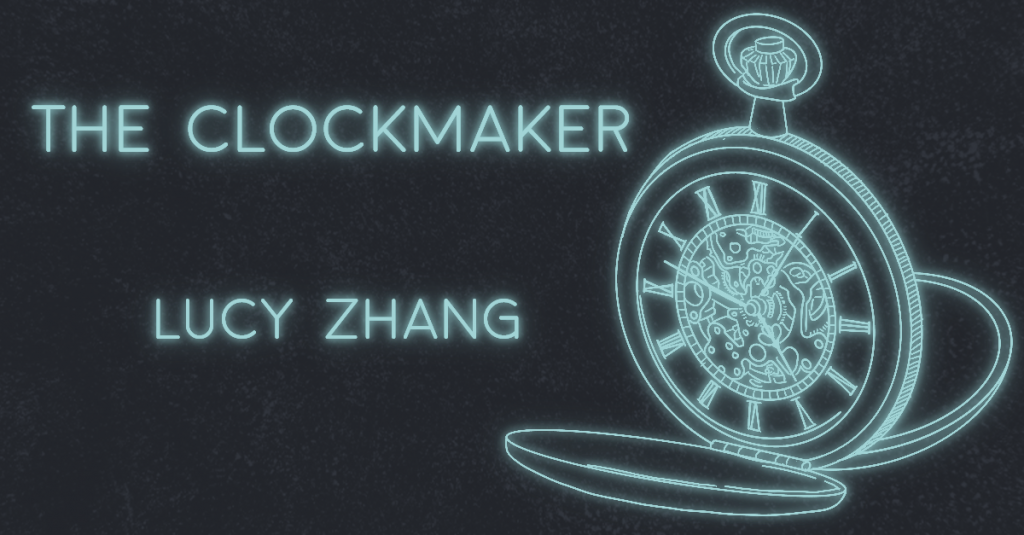
THE CLOCKMAKER by Lucy Zhang
Far away—further than the deli store only frequented by the patrolling police officer and a few custodians, further than the farm with three cows and a horse and several chickens guarded from preying hawks by a fishing line ceiling, further than the white oak tree and its branches striking outward, and certainly much further than the borders of the city—is a cottage. Planks of wood bar the windows shut; mold creeps across the brick walls; pipes wind down from the roof to the ground, and the sound of water dripping on metal beats steadily to the murmurs of wind against…

